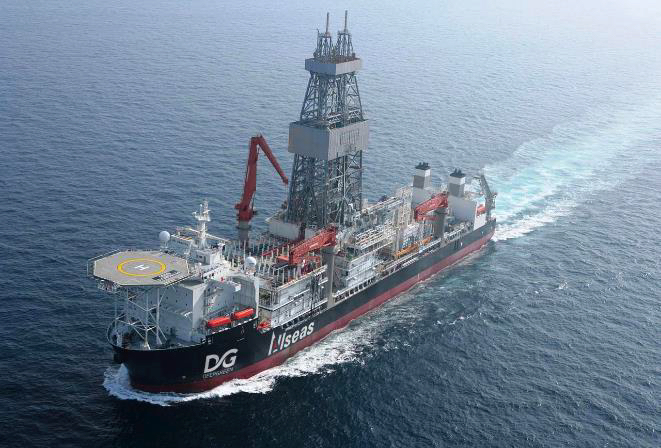Subsea technology company Seatools will deliver the electrical, hydraulic, and control system for Allseas’ deepsea mining nodule collector. The project is part of Allseas’ development programme to realise advanced deep-water equipment for the gathering of polymetallic nodules from the ocean floor responsibly.
The interest in high-grade seafloor polymetallic nodule deposits has risen in the past few years due to the depleting terrestrial deposits for metals such as copper, nickel, manganese, and cobalt. Nevertheless, subsea mining does not take place on a commercial scale yet as current technology readiness levels fall short.
Subsea crawler vehicle
Allseas, as a pioneering offshore contractor, aims to close the technology gaps by developing advanced deep-water equipment to gather nodules responsibly from the ocean floor. A key component of the equipment under development is a tracked subsea vehicle for the collection of polymetallic nodules. The purpose of this crawler vehicle is to manoeuvre over the seabed, collect mineral rich nodules from the sea floor, and transport them to a surface vessel.
While the core nodule collection technology and surrounding mechanical assembly will be developed in-house, Allseas has contracted Seatools to bring its nodule collector alive by the delivery of the entire hydraulic, electronic, and control system. More specifically, Seatools will perform the entire engineering trajectory, spanning design, building, testing and delivering of the subsea crawler’s infrastructure and related vessel equipment required to operate the vehicle at full ocean depth.
Technology needs to mature
For the project, Seatools will draw upon recent pilot subsea mining projects through which a unique technology toolbox has been developed. Nevertheless, the project demands new technology elements as well. Advanced technology development and qualification processes and methods such as hardware in the loop (HIL) simulations will be applied to bring new technology elements to appropriate maturity and quality levels.
‘This is a truly pioneering project in the deepsea mining sphere at which there is a lot at stake for our client and perhaps even for this emerging industry as a whole,’ says Jan Frumau, Seatools’ Managing Director. ‘We are thrilled Allseas, being one of the most highly respected offshore contractors worldwide, has selected Seatools to partner up for such a groundbreaking project.’
Drill ship and deepsea mining tests
Allseas is developing a deepsea mineral collection system together with DeepGreen Metals. To this end, the offshore contractor bought the ultra-deepwater drill ship Vitoria 10000 in March 2020, intending to convert it into a polymetallic nodule collection vessel. The vessel was to be operational for pilot nodule collection tests in the Pacific Ocean by mid 2021. However, the Covid-19 pandemic and low oil price have forced the company to reduce its workforce and push back investments.
Also read: Allseas acquires drill ship for deepsea mining
In addition to Allseas’ giant offshore vessel, the Pioneering Spirit, receiving its new jacket lift system nine months later, the same delay applies to the deepsea mining tests. However, despite this delay, Allseas’ spokesman stressed at the time (June 2020) that the engineering of the systems to pick up the manganese nodules and transport them to the water surface were continuing at full speed.
Picture: The Vitoria 10000 acquired by Allseas to convert into a polymetallic nodule collection vessel.








